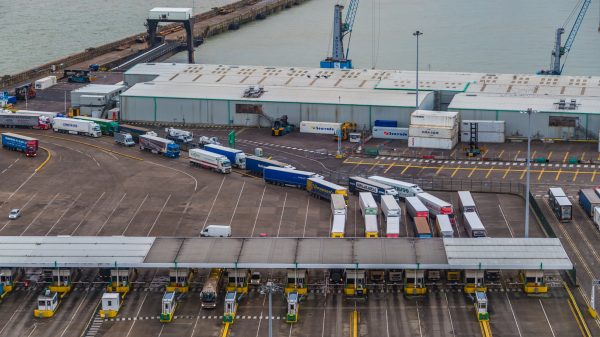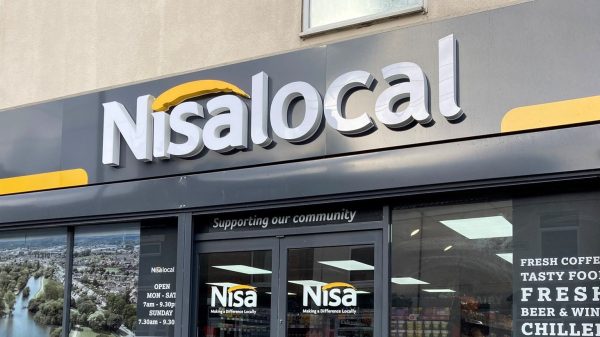A cost-of-living crisis should be an advantage for money-saving websites. Instead, it is likely to be a temporary spanner in the works on the road to regulatory-induced downfall.
In theory, inflation can be beneficial, with disposable incomes being tightened as customers are finding alternative ways to penny pinch and save.
However, this is not the case. In recent months, many grocery and supermarket comparison websites have fallen victim to the double whammy that has been the cost-of-living crisis and the Covid-19 pandemic.
This first became evident when supermarket comparison website MySupermarket – which offered customers bargains and price comparisons across UK supermarkets – shut its doors in March 2020; as Covid hit and at a time when consumers really needed some extra support.
READ MORE: Shoppers unhappy as supermarket comparison site Trolley could be forced to close
In a statement, CEO Gilad Simhony said: “After 14 years of service to UK shoppers, the MySupermarket website and mobile application will be taken down from 1 March, as we shift our activity towards other business areas.”
Simohony went on to thank the “tens of millions” of users who have used the services over the years and contributed to “its amazing success.”
On the back of the MySupermarket closure, four of its employees decided to branch out and open their own price comparison site, naming it Trolley.co.uk. Since its launch, the site has been used 11 million times, with over 400,000 shoppers visiting and using the website and app each month.
However, last month, the firm announced it may have to shut down as it cannot afford to pay a licensing fee to use certain data, hence, its decision to set up a crowdfunding page aiming to subsidise £28,800.
READ MORE: Aldi ranked best employer for parents
Why are supermarket comparison sites failing when they are needed the most?
A decade ago, Which? revealed less than half of those who used price comparison websites were not satisfied with the service provided. As a result, in 2010, the satisfaction rating sat at just 46% – sitting 2% lower than the previous year.
More recently, the UK Competition and Markets Authority (CMA) estimated that 85% of all UK internet users have used a price comparison website at some point. And at a time when grocery and supermarket shopping costs are soaring, it would seem natural for people to be using the specialist services more than ever.
At face value, these websites have the support of the government, are free to use, save money, and invite more competition from supermarkets.
But, the bottom line is, comparison websites have the same goals as any other company; to make profits and increase shareholder value. These comparison platforms provide services to customers free of charge and make their money by charging a commission on the leads generated for supermarkets.
Although sites like MySupermarket and Trolley.co.uk benefit both consumers and supermarkets, they cannot be seen as unbiased or an organisation that operates without an ulterior motive.
This became most evident following a Which? report in 2010. It spoke to 1,703 people and found that consumers widely suspected that the comparison websites only included products that made them the most commission, rather than what was truly best for the consumer.
“Comparison websites are part and parcel of renewing insurance or finding new financial products, so they need to do a better job keeping their customers happy,” Which? chief executive Peter Vicary-Smith said at the time.
READ MORE: Tesco axes 1,600 jobs as it closes overnight roles
Are supermarket comparison websites worth the time?
Time is widely considered to be one of our most valuable assets, so the argument follows that these sites help us save a lot of it, rather than checking on numerous supermarket websites trying to find the cheapest deal.
However, customers are still having to put in a great deal of time and effort if they want to get the best deal, as some site only show a handful of deals, with some savings as little as 70p for an entire shop.
If the only goal of grocery price comparison sites is to save customers money then why isn’t there one site from the UK government with the pure intention of displaying all supermarket products on offer?
If that was the case, price comparison sites would need to be much more transparent to keep customers on the side to avoid going bust.
Click here to sign up to Grocery Gazette’s free daily email newsletter










